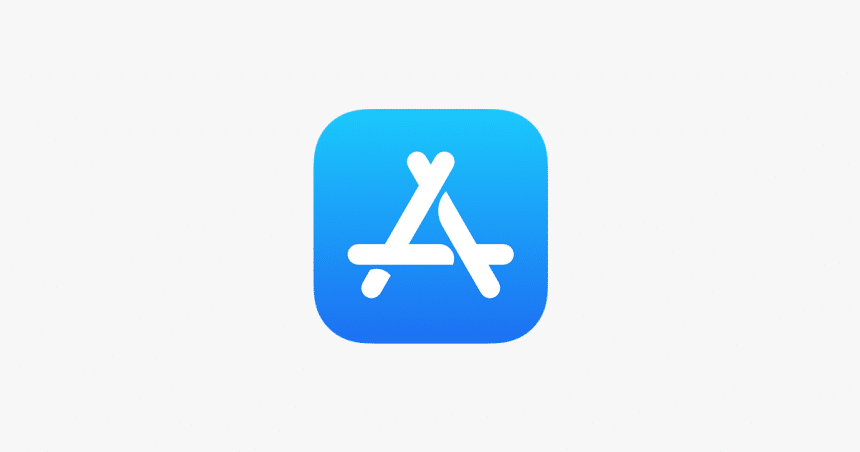A new bill introduced in Florida could significantly reshape how iPhone users access apps. Called the App Store Freedom Act, the legislation seeks to require Apple and other major tech companies to support third-party app stores, external payment systems, and sideloading on their platforms.
The proposal comes from Representative Kat Cammack and takes direct aim at platform owners with more than 100 million users—clearly including Apple and Google. If passed, the bill could end Apple’s tight control over app distribution in the U.S.

A U.S. Response to the EU’s Digital Markets Act
Inspired by the European Union’s Digital Markets Act (DMA), the App Store Freedom Act aims to replicate similar digital rights for American users. Under the DMA, Apple already allows alternative app stores in Europe, though it still collects commissions after one million downloads.
The new U.S. bill goes further by preventing Apple from blocking competition through complex rules or high fees. Developers would gain access to the same system tools Apple uses internally, opening the door for greater innovation at lower costs.
Apple Faces Pressure at Home and Abroad
Apple has long defended its ecosystem, arguing that tight controls protect users’ privacy and security. However, lawmakers in both the U.S. and Europe say the current model gives Apple too much power over how users install and pay for apps.
While the White House has opposed foreign fines on Apple, it has not stopped lawmakers from pushing domestic regulation. The bill’s supporters argue it promotes consumer choice and fair competition.
“If passed,” said Rep. Cammack, “this bill ensures U.S. mobile users can choose the applications, payment methods, and platforms that are best for them—without being forced to follow one company’s rules.”
What Happens Next?
If the App Store Freedom Act becomes law, Apple may need to replicate its EU compliance strategy in the U.S. That could mean a major shift in how Americans install and pay for apps on iPhones, possibly reducing costs for both developers and users.












